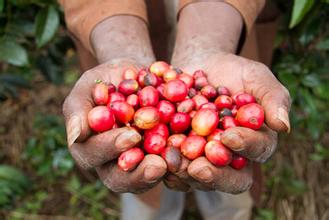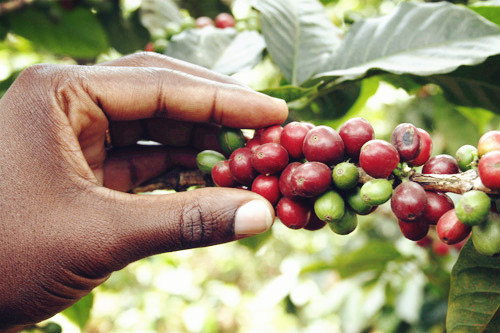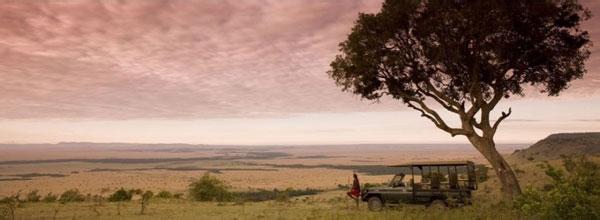How to buy coffee beans online What do you need to pay attention to? washed snow
1. When buying beans online, you should pay attention to the production date, shelf life, packaging and sealing, the roasting degree of coffee beans, the types of coffee beans, and your utensils to determine what kind of beans you want. If you use blue mountain beans to make ESP, it is indeed a maverick way, but it is also too unprofessional and expensive, and the taste is not very good.
Beans with a production date of at least half a year.
Coffee beans from baking are generally bought medium and deep baking, the latter is suitable for MOCHA and ESP, the former is suitable for siphon, legal pressure, flannel, flannel, and so on.
Coffee beans are divided into caffeinated beans and low-caffeinated beans in terms of caffeine content. This refers to the caffeine content, the former generally caffeine content is 2.5%, the latter is generally 0.05% decaf coffee, the most popular in China is ILLY decaf coffee.
Coffee beans are divided into single beans and mixed beans from the production.
Single product refers to beans from a single producing area, such as Blue Mountain or Columbia, which are beans from a single producing area, that is, a bag full of Colombian beans. Please be careful when buying this online. Domestic brands cannot have individual beans. Domestic beans are sold cheaply, as can be seen from the price, a packet of 250g will not exceed 50 yuan, but what is written on the package, such as Blue Mountain, Manning, Colombia and so on, they are all baked beans and then added spices to make beans with that flavor.
Bean mixing means that beans from multiple producing areas are mixed together for baking.
two。 Which outlets are cheap and beautiful?
I'm not a coffee bean merchant, so I can't market myself. But in my opinion, there is a coffee shop on Taobao, and the beans are still very fresh, and then there are more questions and comparisons. Of course, to buy beans to choose merchants, logistics and service attitude are very important.
Country: Ethiopia
Grade: G2
Producing area: Dama Village, Yega Xuefei area
Altitude: 1800-2200 m
Treatment: washing
Variety: native species (Heirloom)
Producer: Dama Cooperative
Flavor: lemon peel, black tea, dried longan, flower fragrance
There are eight major producing areas in Ethiopia: Ekempti, Limu, Illubabor, Djimma, Harrar, Teppi/Bebeka, Sidamo and Yirgacheffe. Yirgacheffe is located in the Gedeo region of southern Ethiopia, and the jurisdiction of this area is better known as Yegashafi and Kochere. As the coffee produced by Yirgacheffe has a unique flavor and is widely loved, it has its own style in product classification and has always occupied a place in the global boutique coffee market. Yirgacheffe, located in Sidama province, is itself a small town, with three small producing areas Wenago, Kochere and GelenaAbaya nearby. Because the flavor of coffee produced is almost the same as that of Yega Sheffield, Kochere is also classified as Yega Sheffield. Ethiopia implemented a new trading and grading system in November 2009. the Commodity Exchange (ECX) was set up, and coffee and other agricultural products were auctioned by this official body. In addition to Yega Xuefei, three new by-production areas, Wenago, Kochere and GenlenaAbaya, were added. It can be seen that the flavor of these three production areas is very meticulous and can be subdivided. Since the implementation of the ECX system in 2008, most raw coffee beans have been sold by auction, but cooperatives are not under this jurisdiction, and they can directly contact buyers, negotiate prices and export.
The DamaCoop Cooperative (DamaCoop) is one of the 26 alliances of the Yegashev Coffee Farmers' Cooperative Union (TheYirgacheffeCoffeeFarmersCooperativesUnion) (YCFCU). YCFCU now represents more than 50, 000 coffee farmers belonging to more than 300000 family representatives, founded in June 2002. all 26 alliances are located in the southern Gedeo region of Ethiopia and is an important coffee producing area in Ethiopia. The Dama Cooperative (DamaCoop), made up of 1728 male and 237 female family members of small coffee farmers, located in the Yirgacheffe producing area, was founded in 1979 and joined the YCFCU Cooperative Alliance in 2002. These small coffee farmers cultivate an average of less than 4 hectares of coffee at an altitude of about 1800-2200 meters. Coffee varieties are mainly a mixture of Typica and Heirloom (local native species). Every one or two years, members of the cooperative will vote in an election to elect an executive committee, and the executive committee can decide on the purchase of new equipment, exchange business information with members, and how to pay for transactions. In addition, YCFCU will also assign professional managers to cooperatives to provide guidance and advice on harvest, production and other procedures, so as to increase production and improve quality. The establishment of the cooperative allows its farmers to avoid low-cost exploitation by purchasers, and when the economy is in trouble, the cooperative can also provide loan assistance, which is very positive for both farmers and coffee production.
This batch of Dama Cooperative (DamaCoop) is a washing batch. Flavor features: lemon peel, black tea, dried longan, flower fragrance, kumquat, sweet and smooth, clear acidity, a variety of fruit floral flavor, sweet aftertaste.

Important Notice :
前街咖啡 FrontStreet Coffee has moved to new addredd:
FrontStreet Coffee Address: 315,Donghua East Road,GuangZhou
Tel:020 38364473
- Prev

Where can I buy coffee beans online? Where can I buy coffee beans? Ethiopia sidamo Sidamo G2
1. When buying beans online, you should pay attention to the production date, shelf life, packaging and sealing, the roasting degree of coffee beans, the types of coffee beans, and your utensils to determine what kind of beans you want. If you use blue mountain beans to make ESP, it is indeed a maverick way, but it is also too unprofessional and expensive, and the taste is not very good. The production date must be at least
- Next

Yega Xuefei Sun treatment Bancimaji how to buy good coffee beans online to buy coffee beans need
1. When buying beans online, you should pay attention to the production date, shelf life, packaging and sealing, the roasting degree of coffee beans, the types of coffee beans, and your utensils to determine what kind of beans you want. If you use blue mountain beans to make ESP, it is indeed a maverick way, but it is also too unprofessional and expensive, and the taste is not very good. The production date must be at least
Related
- What documents do you need to go through to open a coffee shop? coffee shop coffee shop certificate processing process
- How to purchase Coffee beans in small Cafe how to choose a suitable supplier for domestic Coffee supply Company
- How to drink Starbucks Fragrance White Coffee? how to make Australian White Coffee? what Italian coffee beans are recommended?
- The Story of Flora Coffee: the name of Flora Coffee Bean and the implication of the Flowers on Florna Coffee
- How much does a cup of coffee cost? How much is the profit of a cup of coffee? What is the profit of the coffee shop in a year?
- Yunnan small Coffee, known as "fragrant Coffee", introduces the characteristics of Alpine Arabica Coffee producing areas in Yunnan, China
- 2023 latest Starbucks full menu price list how much is a cup of Starbucks coffee what is better to drink the most popular hot and cold drinks recommended
- Starbucks different kinds of Coffee Price list Starbucks menu 2023 Top Ten Best drinks in Starbucks
- Starbucks Spring praise Comprehensive matching Coffee Bean theme Story Packaging implication and taste description
- The cost of a cup of coffee latte American coffee cost price and selling price

